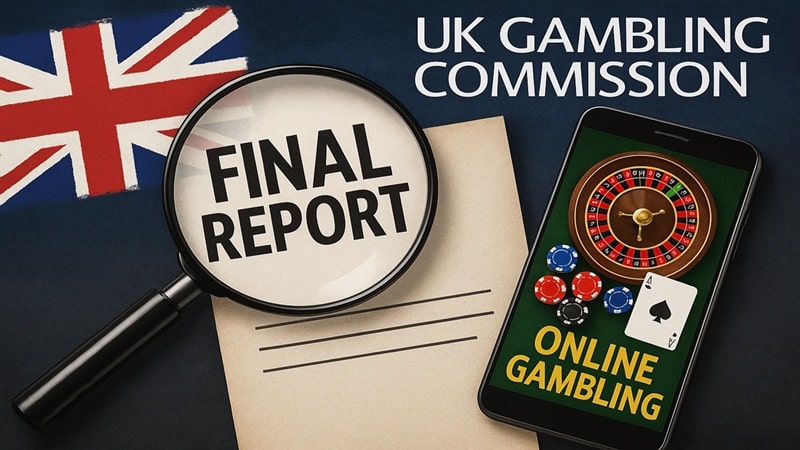
UKGC completes its offshore gambling investigation, revealing disruption success rates and explaining why these services aren’t technically illegal.
There are always twists and turns in the British iGaming and online sports betting market, and we’re back with yet another one.
The latest is that the UK Gambling Commission (UKGC) has published the fourth and final installment in its comprehensive series examining what it terms ‘illegal online gambling’.
A quick disclaimer from us, as we feel the term ‘illegal’ is problematic, as joining an overseas online gambling site is technically not illegal for UK citizens. However, that’s for another news story!
Released on November 6, 2025, the UKGC’s final report focuses on ‘Estimating the size of the illegal online gambling market,’ acknowledging the significant challenges of quantifying activity that operates largely in the shadows.
To clarify, for those interested, the report concludes a year-long investigation into consumer behavior, market trends, and disruption tactics.
Understanding the Market’s Scale
The Commission admits that producing reliable estimates of the offshore gambling market presents substantial methodological difficulties. Limited data availability and the need for assumptions mean that confidence in any single estimate remains constrained.
The UKGC draws comparisons to other illicit markets, such as the illegal tobacco trade, where government departments face similar measurement challenges. Notably, the Commission has not published a specific market-size estimate; instead, it has built what it describes as a “stronger evidence base” for understanding both consumer behavior and operator tactics.
Source: The three part series has been published on the UKGC website under ‘Commission concludes four-part series on illegal online gambling‘. However, it’s quite the read, so we’ve summed up the entire series here.
Key Findings from the Series
The four-part investigation revealed several important insights. Consumer motivations for using offshore sites vary widely, with no single driving factor. Perhaps most significantly, some consumers are unaware they’re gambling on unlicensed platforms, highlighting a critical awareness gap. The research also found that not all offshore gambling activity represents direct losses to licensed operators, as some users are self-excluded or otherwise prohibited from using regulated sites.
Additionally, the Commission reports no evidence of sustained growth in engagement with unlicensed websites based on collected data.
Disruption Efforts Show Results
Between April 2024 and June 2025, the UKGC’s Illegal Markets team issued over 3,100 cease-and-desist notices and disruption actions. The Commission referred nearly 448,000 URLs to search engines, resulting in approximately 288,000 removals. According to the Commission’s data, different disruption methods show varying effectiveness.
Geo-blocking and registrar blocks prove most effective, reducing traffic by 60% and 91% respectively. Search engine removals, while still impactful, show more modest results with approximately 30% traffic reduction, as they make sites harder to find without completely blocking access.
Effectiveness of UKGC Disruption Methods
| Disruption Method | Traffic Decrease | Number of Sites |
|---|---|---|
| Blocked by registrar | 91% | 8 |
| Website suspended | 91% | 8 |
| GEO IP blocked | 60% | 53 |
| Removed by Bing | 52% | 28 |
| Removed by Google | 30% | 80 |
| Removed by Facebook | 8% | 57 |
Information Access for Consumers
For UK players legitimately seeking licensed online casinos, the UKGC maintains a public register of all licensed operators. This register can be accessed on the Commission’s website and provides consumers with a reliable way to verify whether an online casino holds a valid UK licence. You can find it via our How to Check Online Casino Licensing guide. The Commission highlights that tackling unlicensed gambling requires coordinated effort across government, industry, digital platforms, and financial services.
Chief Executive Andrew Rhodes stated that while measuring the problem’s full scale remains complex, the Commission’s understanding is growing, as is its ability to disrupt unlicensed operators.
Casinoplusbonus Opinion
Though this marks the end of the current research series, the UKGC confirms it will continue its research, data collection, and enforcement activities. The Commission plans additional test purchasing activity and is working with payment providers through the Visa Operator Scheme to disrupt financial flows.
The regulator also expects licensed game suppliers to prevent their products fr
However, we have a negative stance on this, and we want to make sure every one of our readers is aware of the truth. Once again, the UKGC consistently uses the term ‘illegal gambling’ throughout its reports. Unfortunately, the terminology remains technically inaccurate. These offshore operators are not operating illegally in any criminal sense. Rather, they are overseas gambling services that lack UKGC licensing. Under UK law, operating without a UKGC license when offering services to UK consumers violates regulatory requirements, but this is a licensing matter rather than criminal illegality.
Although we don’t condone gambling from the UK on overseas websites, we also don’t like to see misleading vocabulary, which is the continued use of the word ‘illegal’ to conflate unlicensed services with criminal enterprises. It creates unnecessary confusion for consumers trying to understand the regulatory landscape. A more accurate description would be ‘unlicensed’ or ‘unregulated’ gambling services.





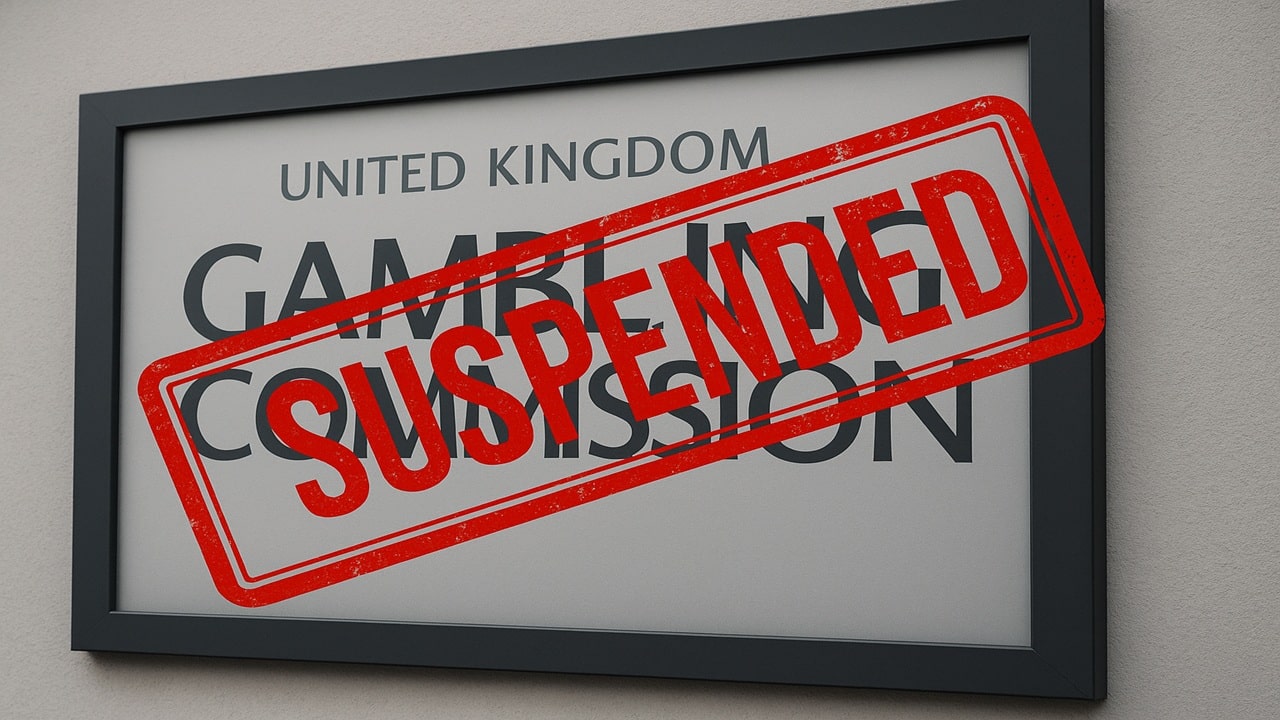
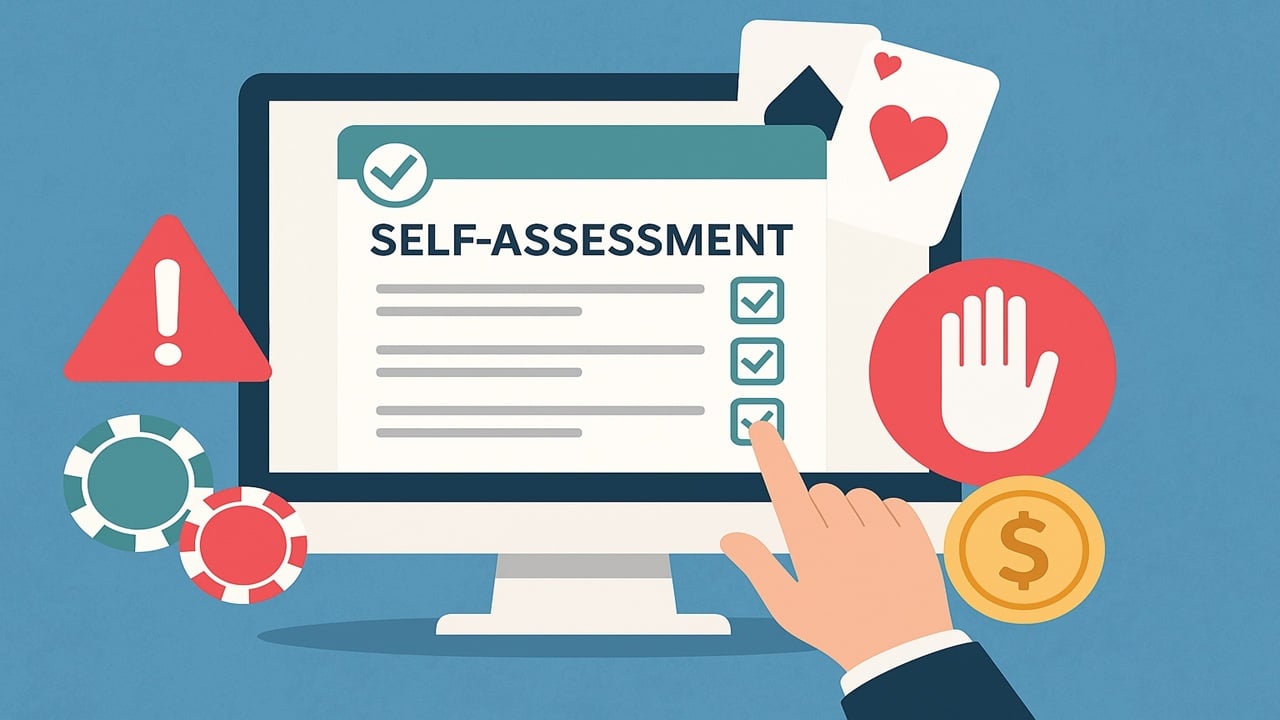




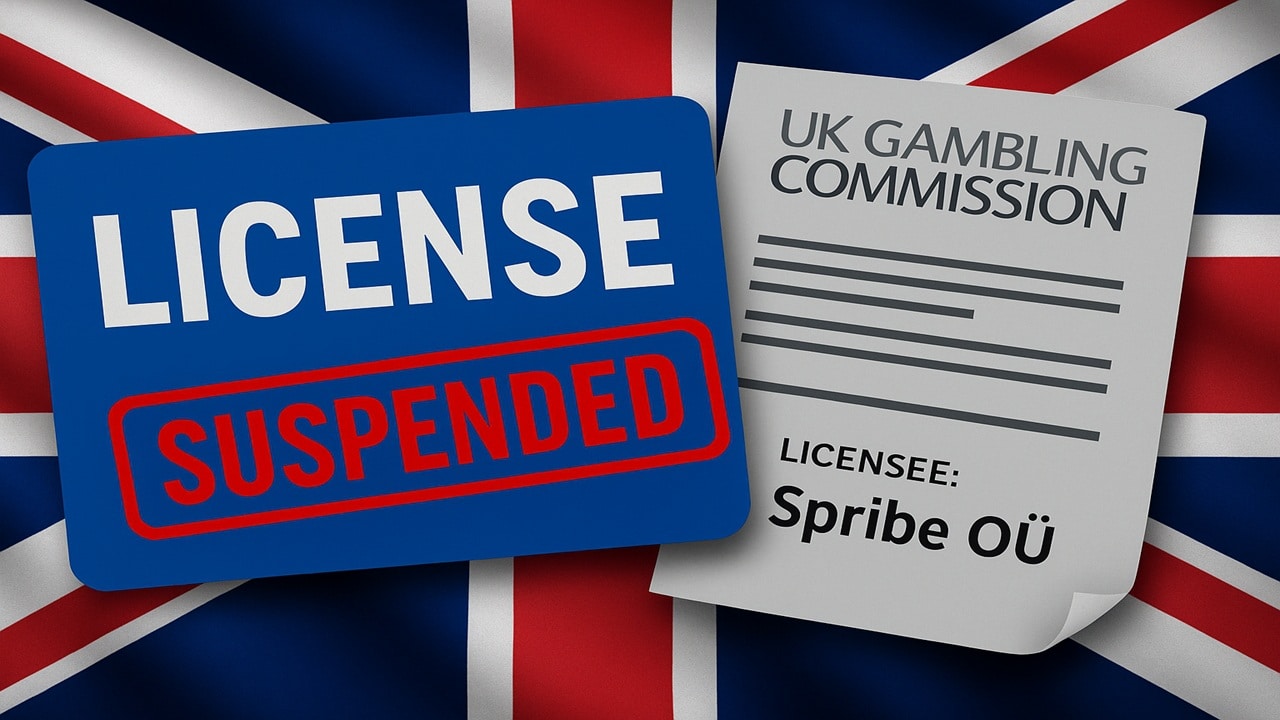



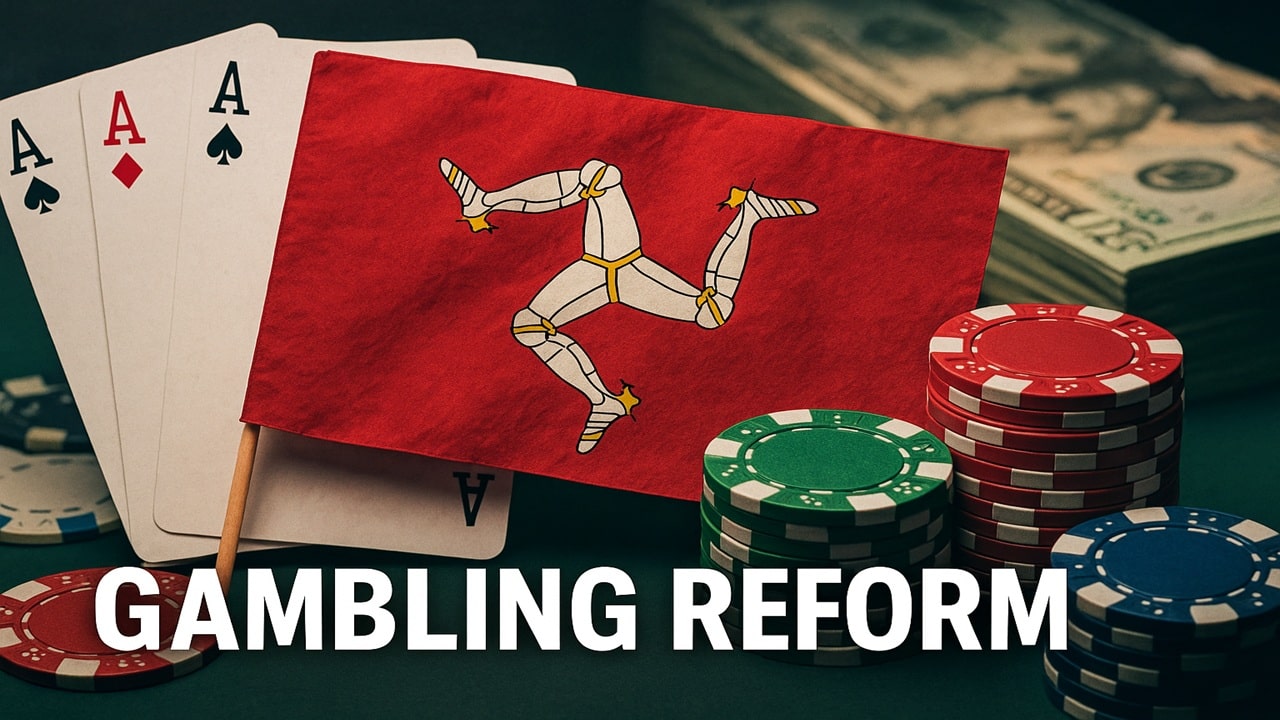
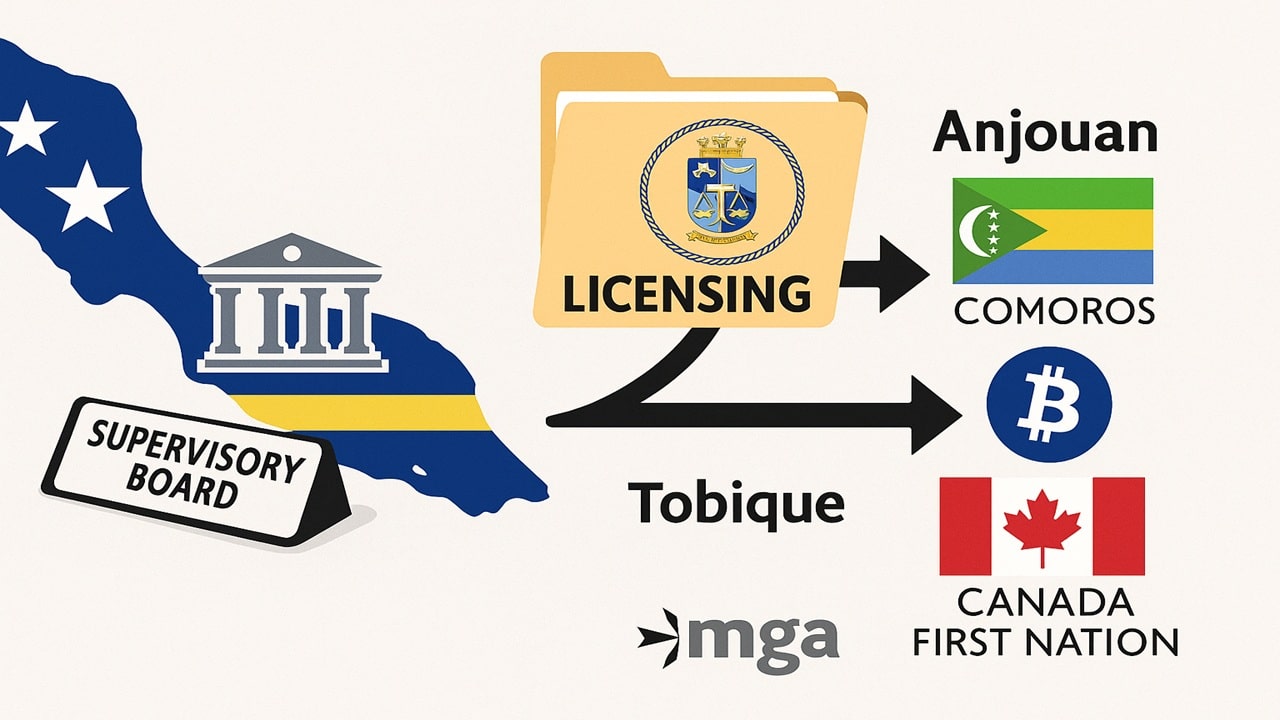
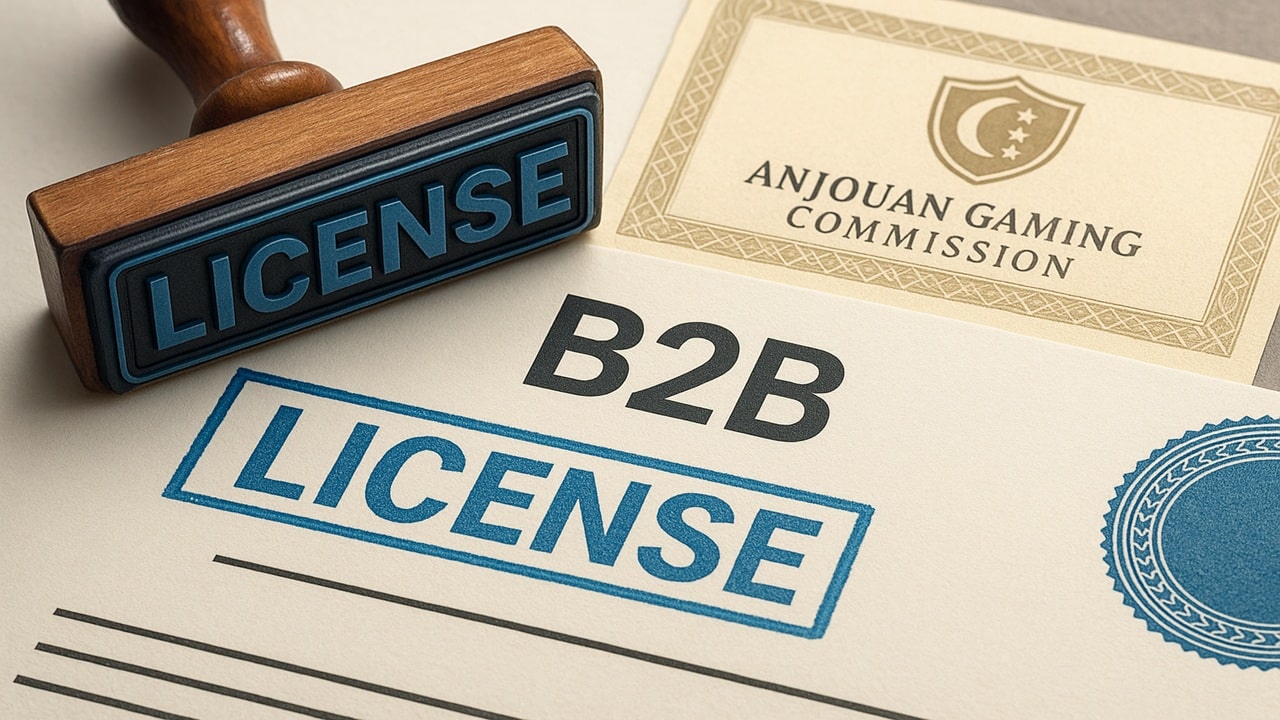

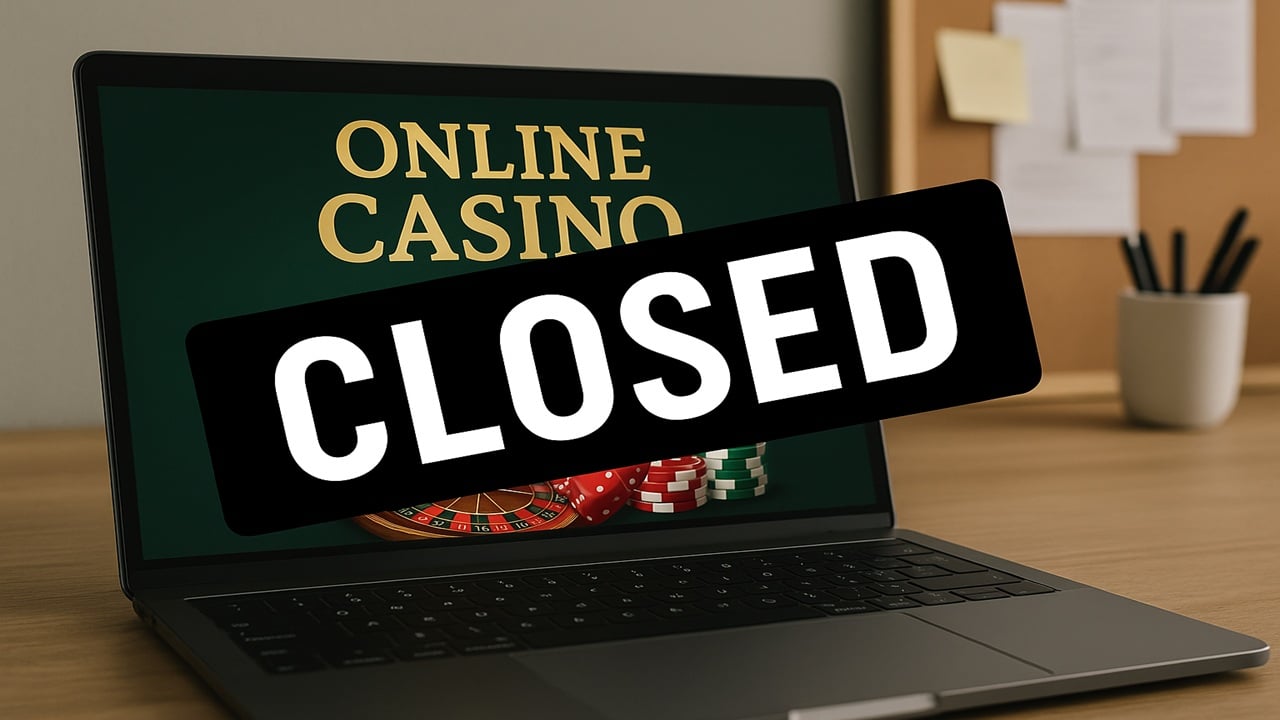



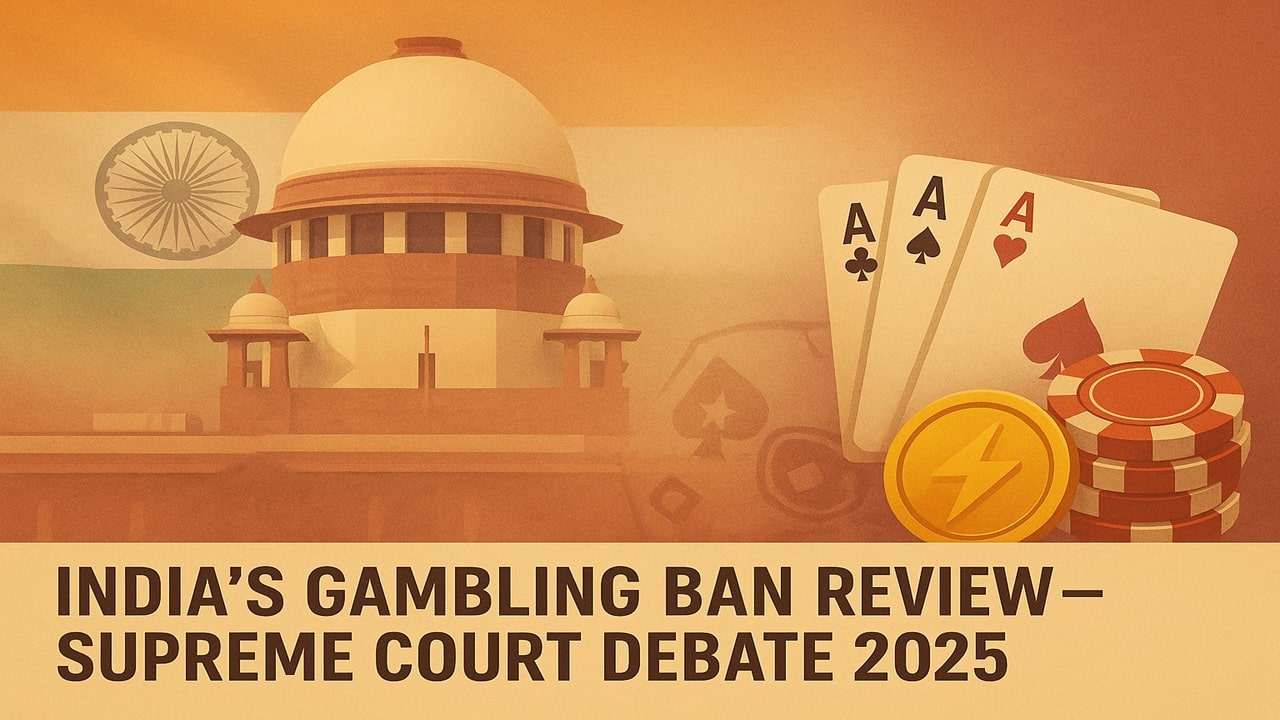

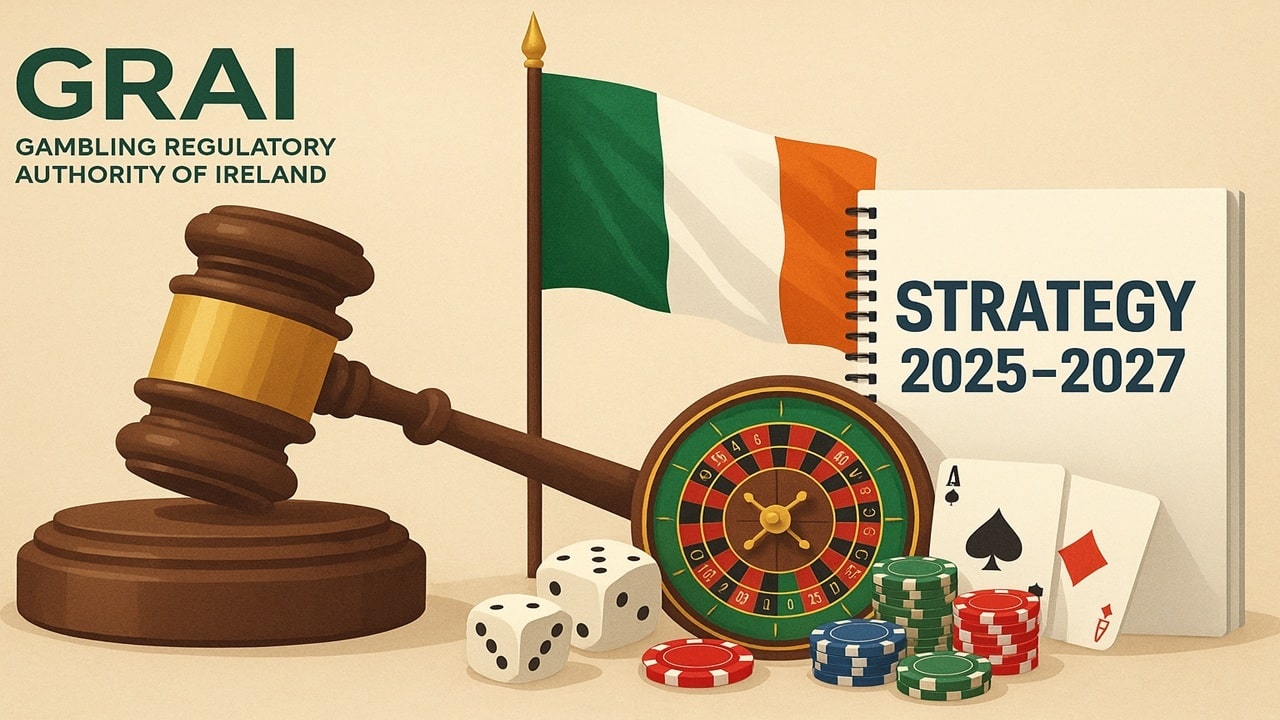
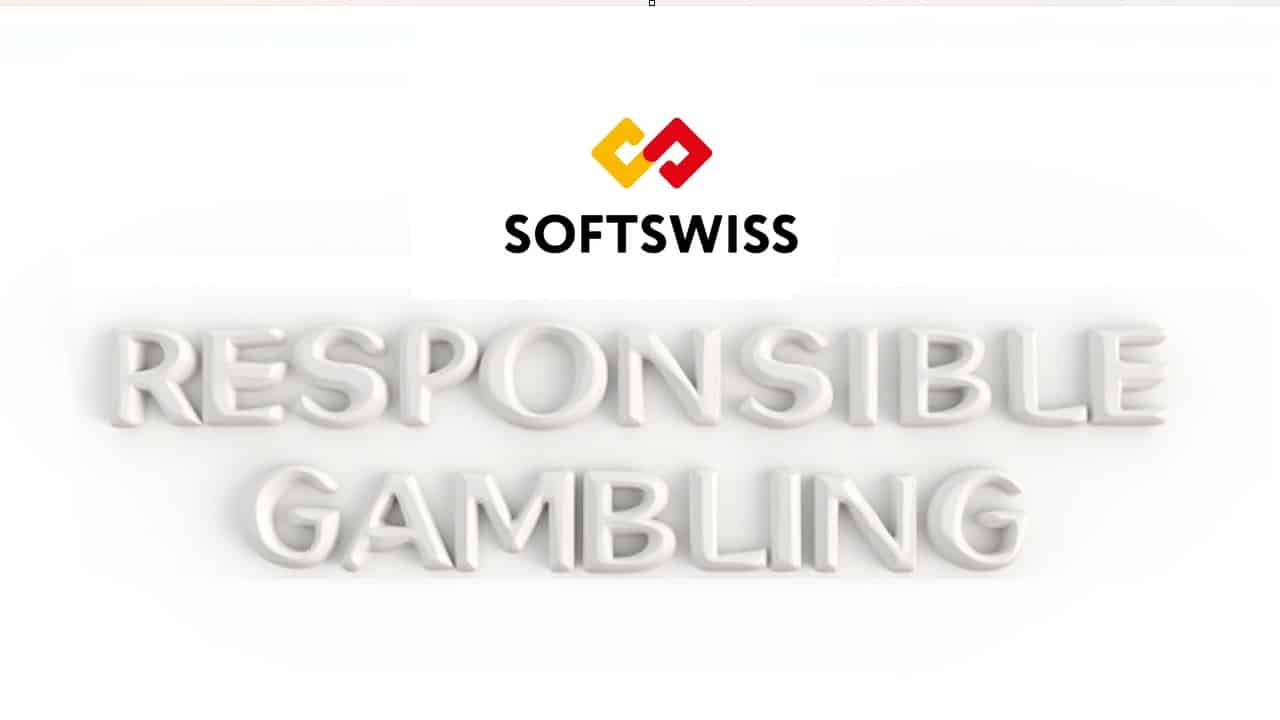
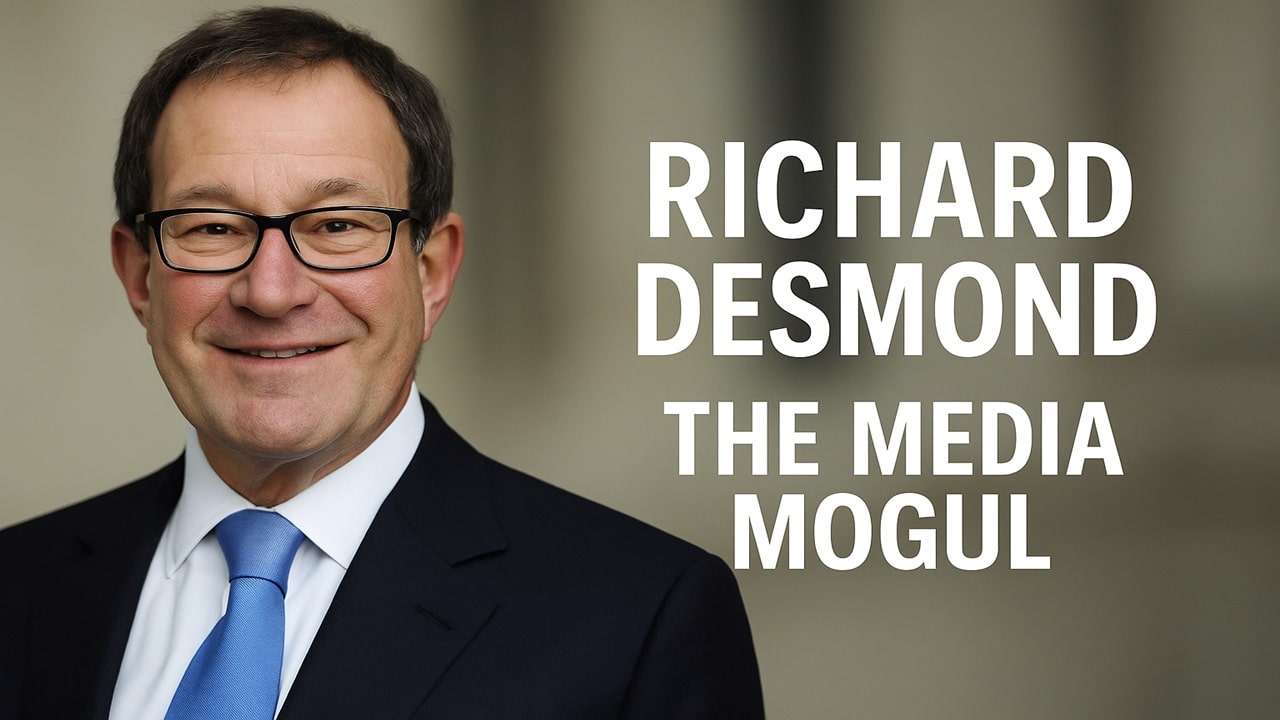

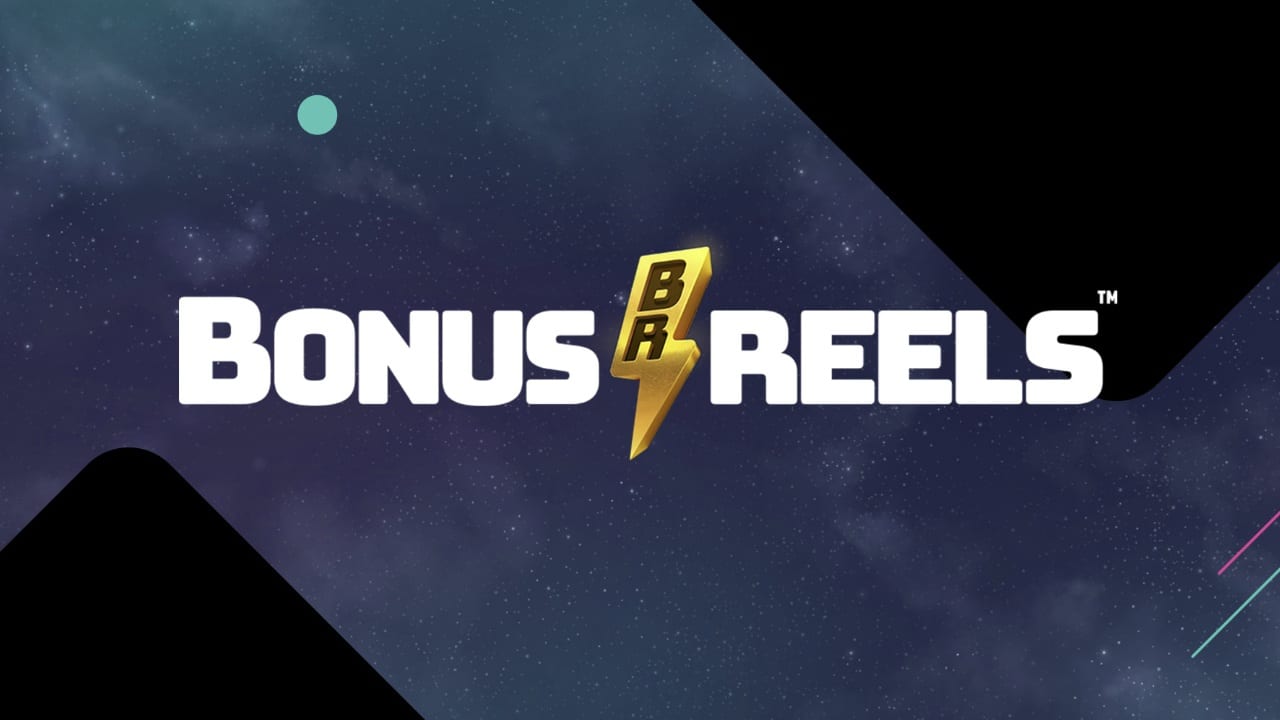
Leave A Comment